Saint of the Day – 7 July – Blessed Pope Benedict XI (1240-1303) Cardinal-Priest of St Sabina, Bishop of Ostia then of Rome, Dominican Friar, Prior Provincial of Lombardy Prior to becoming the Master of the Order in 1296, Apostolic Papal Legate to Hungary and France, Teacher, Preacher, Writer and renowned Scholar with special emphasis on Biblical commentary. His Papacy began on 22 Ocober 1303 and ended at his death on 7 July 1304. His predecessor was Boniface VIII and successor, Clement V. Born in 1240 at Treviso, Italy as Niccolò Boccasini and died on 7 July 1304 at Perugia, Italy of natural causes. His Motto “Illustra faciem Tuam super servum Tuum” – “Let Your Face shine upon Your servant.” Patronages – Treviso, all Popes named Benedict.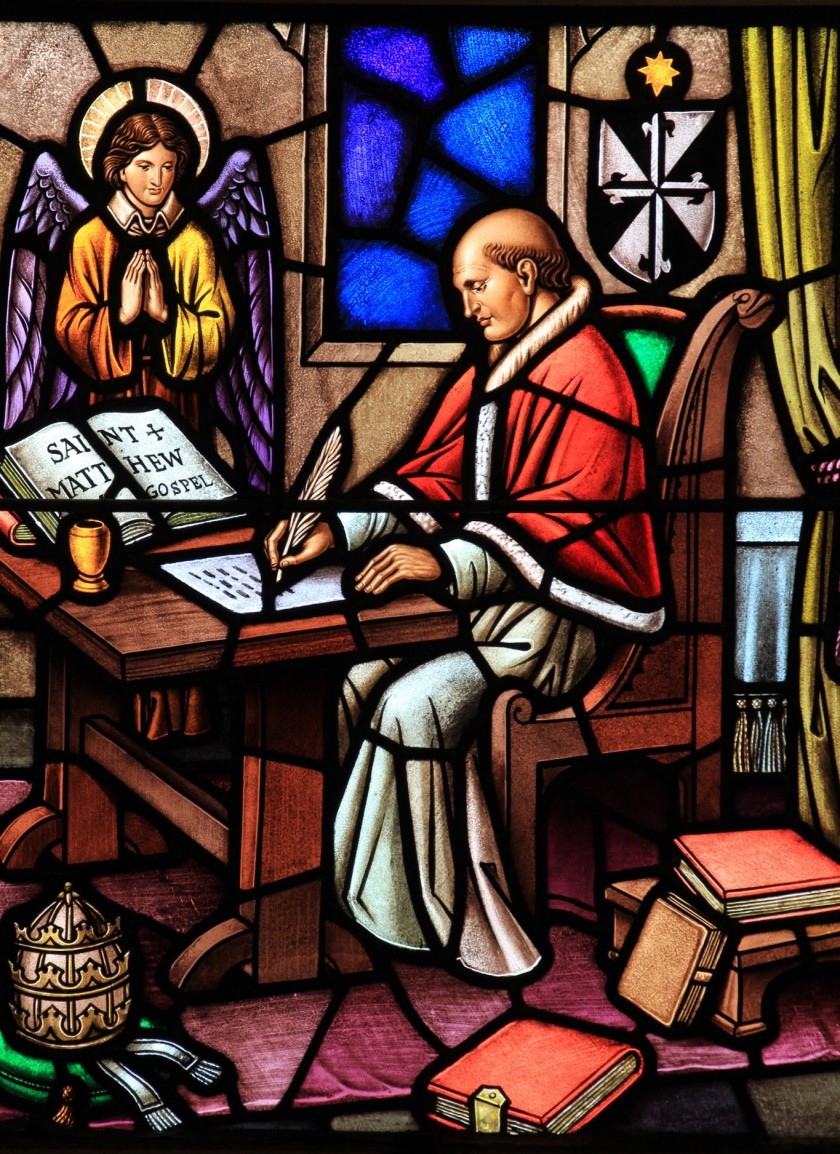
Niccolò Boccasini entered the Order of Preachers in his native Trevino. He studied at Venice and Milan before becoming a teacher in Venice and in other Dominican houses. A scholar by temperament, he taught and preached for years, publishing biblical commentaries and sermons. He served two terms as Provincial Prior of Lombardy before being elected Master of the Order in 1296. Two years later he was made Cardinal. He was appointed Bishop of Ostia and served as Apostolic Papal Legate first to Hungary and then to France. He was with Pope Boniface VIII when Boniface was attacked by French forces at Anagni.
Niccolò Boccasini was born in Treviso to Boccasio, a municipal notary (died 1246), whose brother was a Priest and Ber(n)arda, who worked as a laundress for the Dominican Friars of Treviso. Niccolò had a sister, Adelette. The family lived outside the walls of Treviso, in a suburb called St Bartolommeo. In 1246, a Dominican friar left a sum of money in his will to Bernarda and her children, recently orphaned. A condition was that if Niccolò were to enter the Dominican Order he would receive half of the entire legacy. From the age of six, it seems, Niccolò was destined for the monkish life. His first teacher was his uncle, the Parish Priest of St Andrea.
He entered the Order of Preachers in 1254, at the age of fourteen, taking the habit of a novice in his native Treviso. He was taken to Venice by his Prior and presented to the Provincial, who assigned him to the Convent of St Giovanni e Paolo in Venice. For the next seven years or so, Niccolò pursued his basic education in Venice. Toward the end of this period, he served as tutor to the young sons of Romeo Quirini of Venice, whose brother was a Canon in the Cathedral of Treviso. In 1262, Niccolò was transferred to Milan, to the new Cathedral of St Eustorgio. He spent the next six years at St Eustorgio. By the end of his term there he must have become a professed member of the Order of Preachers – the actual date, however, is unknown. As a professed Friar he served in the responsible position as a Lecturer in the Seminary in Venice, where he was the instructor of the elementary education of the Novices in his Convent. Each convent had it’s own Lector. Niccolò served as Lector for fourteen years, from 1268 to 1282. In 1276 he is attested as being Lector at the Dominican Convent in his native Treviso, a post he was still holding in 1280. In February 1282 he was sent to Genoa, again as Lector. He was not a Professor, since he had never taken a university degree, being one of the few Popes who was not a university graduate.
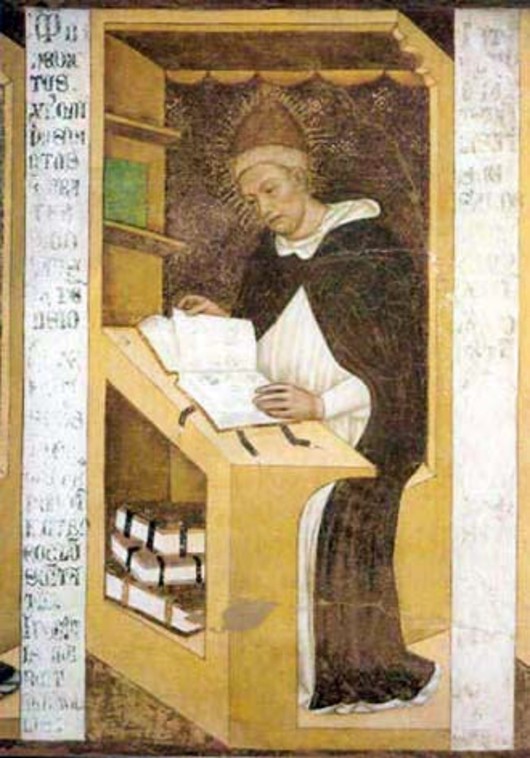
In 1286, at the meeting of the Provincial Chapter, which took place that year in Brescia, Fr Niccolò was elected Provincial Prior of Lombardy.As Provincial of Lombardy, Fr Niccolò’s lifestyle changed considerably. Instead of being firmly attached to a single Convent for years, he would instead become peripatetic, moving from one Convent to another on visits of inspection, encouragement and correction. In Lombardy at the time there were some fifty-one Domiican Convents! He also had responsibility as an Inquisitor, a task for which popes considered Franciscans and Dominicans especially suited. He also had the responsibility of convening the Provincial Chapters. In 1287, the Chapter was at Venice; in 1288, it was at Rimini; in 1289 at the General Chapter, which was held at Trier, Fr Niccolò was released from the office of Provincial of Lombardy, having completed his three-year term. It is probable that, without office, he returned to a convent, possibly that of Treviso—though the evidence is scanty and based on wills and codicils. He was elected Provincial Prior of Lombardy again, however, at the Provincial Chapter held at Brescia in 1293. In 1294 it was held at Faventia, in 1295 at Verona, and in 1296 at Ferrara, where Fr Niccolò’s successor was elected, since he had a new assignment.
At the Capitulum Generale of the Order of Preachers, which was held at Strasbourg in 1296, Fr Niccolò of Treviso was elected Master of the Order of Preachers and issued ordinances that forbade, by any Dominican, public questioning of the legitimacy of Pope Boniface VIII’s Papal election (which had taken place on Christmas Eve, 1295).
He was elevated to the Cardinalate on 4 December 1298 by Boniface VIII and assigned the title of Cardinal-Priest of Santa Sabina. He entered the Roman Curia on 25 March 1299 and thus began to receive his share of the profits of the Chamber of the College of Cardinals.
He was promoted to the rank of Cardinal-Bishop of the See of Ostia on 2 March 1300 and also received Episcopal Consecration. On 13 May 1301 he was appointed Apostolic Legate to Hungary. He made his official departure on 22 June 1301 and returned on 10 May 1303. He also served as Papal Legate to France.
When Pope Boniface VIII was seized at Anagni in September 1303, Boccasini was one of only two Cardinals to defend the Pope in the Episcopal Palace itself. The other was Pedro Rodriguez, Bishop of Sabina. They were imprisoned for three days. On Monday 10 September they were liberated by forces led by Cardinal Luca Fieschi and on 14 September the Pope and his retinue returned to Rome, with an escort organised by Cardinal Matteo Rosso Orsini.
The conclave to elect the successor of Boniface VIII was held in the Basilica of Saint John Lateran and the College of Cardinals desired an appropriate candidate who would not be hostile towards King Philip IV of France. After one ballot in a conclave that lasted a day, Boccasini was elected as pope.
He was quick to release King Philip IV from the excommunication that had been put upon him by Boniface VIII. Nevertheless, on 7 June 1304, Benedict XI excommunicated Philip IV’s implacable minister Guillaume de Nogaret and all the Italians who had played a part in the seizure of his predecessor at Anagni. Benedict XI also arranged an armistice between Philip IV of France and Edward I of England.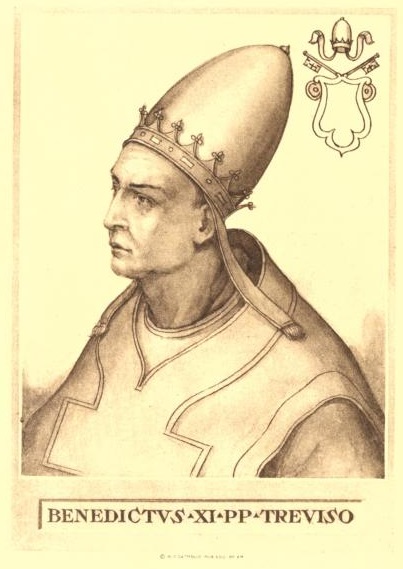
After a brief Pontificate that spanned a mere eight months, Benedict XI died suddenly at Perugia. As original reports had it, suspicion fell primarily on Nogaret with the suspicion that his sudden death was caused by poisoning. There is no direct evidence, however, to either support or disprove the contention that Nogaret poisoned the Pope.
Benedict XI was the author of a volume of sermons and commentaries on the Gospel of Matthew, the Psalms, the Book of Job and the Book of Revelation.
Cardinal Caesar Baronius (1538–1607) wrote that, on the Monday of Easter week in 1304, Benedict XI was celebrating Mass but a pilgrim interrupted it, because he wanted the Pope to hear his Confession. Rather than telling him to find another time or another Priest, the Pope left the Mass to hear his Confession and then returned to continue the Mass.
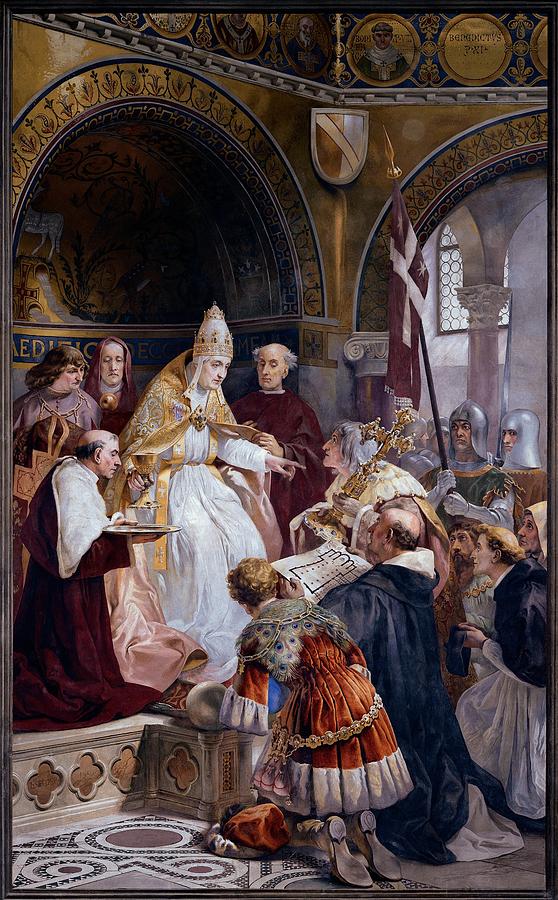
There is also a story that, at the General Chapter of the Dominicans at Lucca in May 1288, the Provincial of the Roman Province, Thomas de Luni predicted to Fr Niccolò that he would someday be elected to the Papacy. On another occasion, when he was in Venice, a Friar of Torcello, predicted that he would be Provincial, Master General, Cardinal and Pope.
Pope Benedict XI died of dysentery on 7 July 1304. Benedict XI earned a reputation for holiness and the faithful came to venerate him. His Tomb gained a reputation for the amount of miracles that emerged from the site. Pope Clement XII approved his cultus on 24 April 1736 which acted as his formal Beatification.
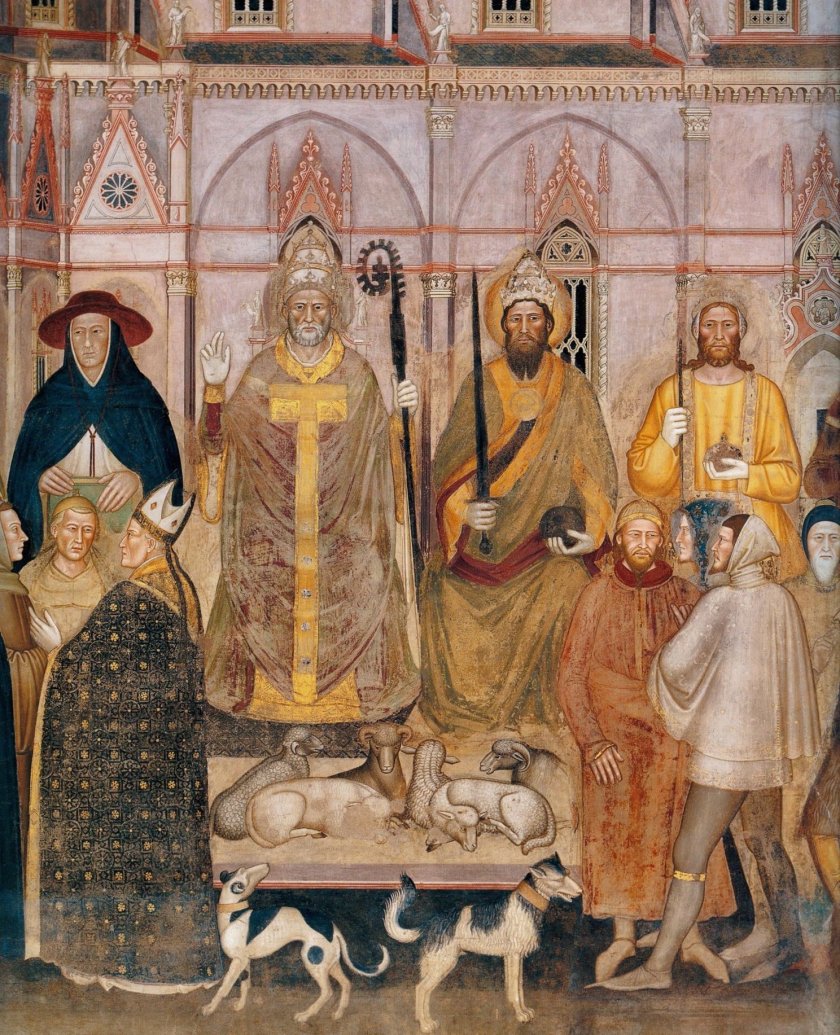
Papal numbering
A note on the numbering: Pope Benedict X (1058–1059) is now considered an Antipope by the Catholic Church. At the time of Benedict XI’s election, however, Benedict X was still considered a legitimate pope and thus the man the Catholic Church officially considers the tenth true Pope Benedict, Niccolo Boccasini, took the official number XI rather than X. This has advanced the numbering of all subsequent Popes Benedict by one digit. Popes Benedict XI-Benedict XVI are, from an official point of view, the 10th through 15th popes by that name.

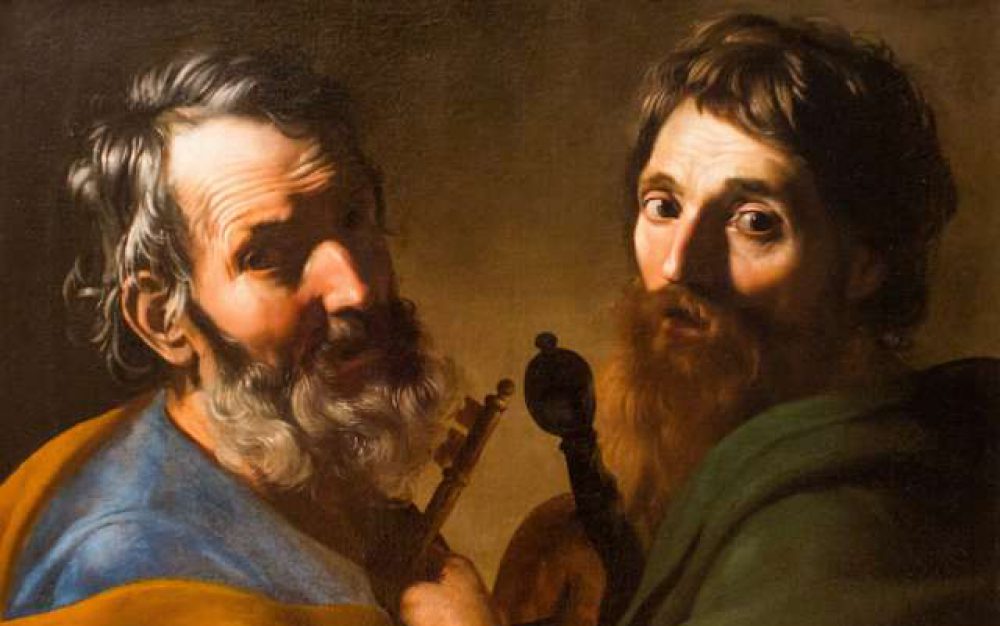
2 thoughts on “Saint of the Day – 7 July – Blessed Pope Benedict XI (1240-1303)”